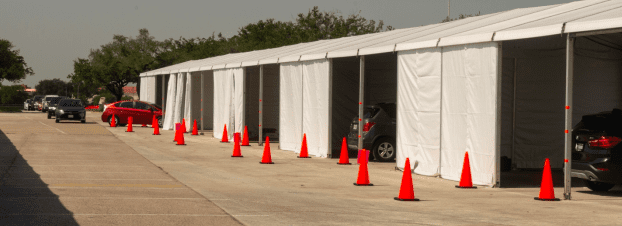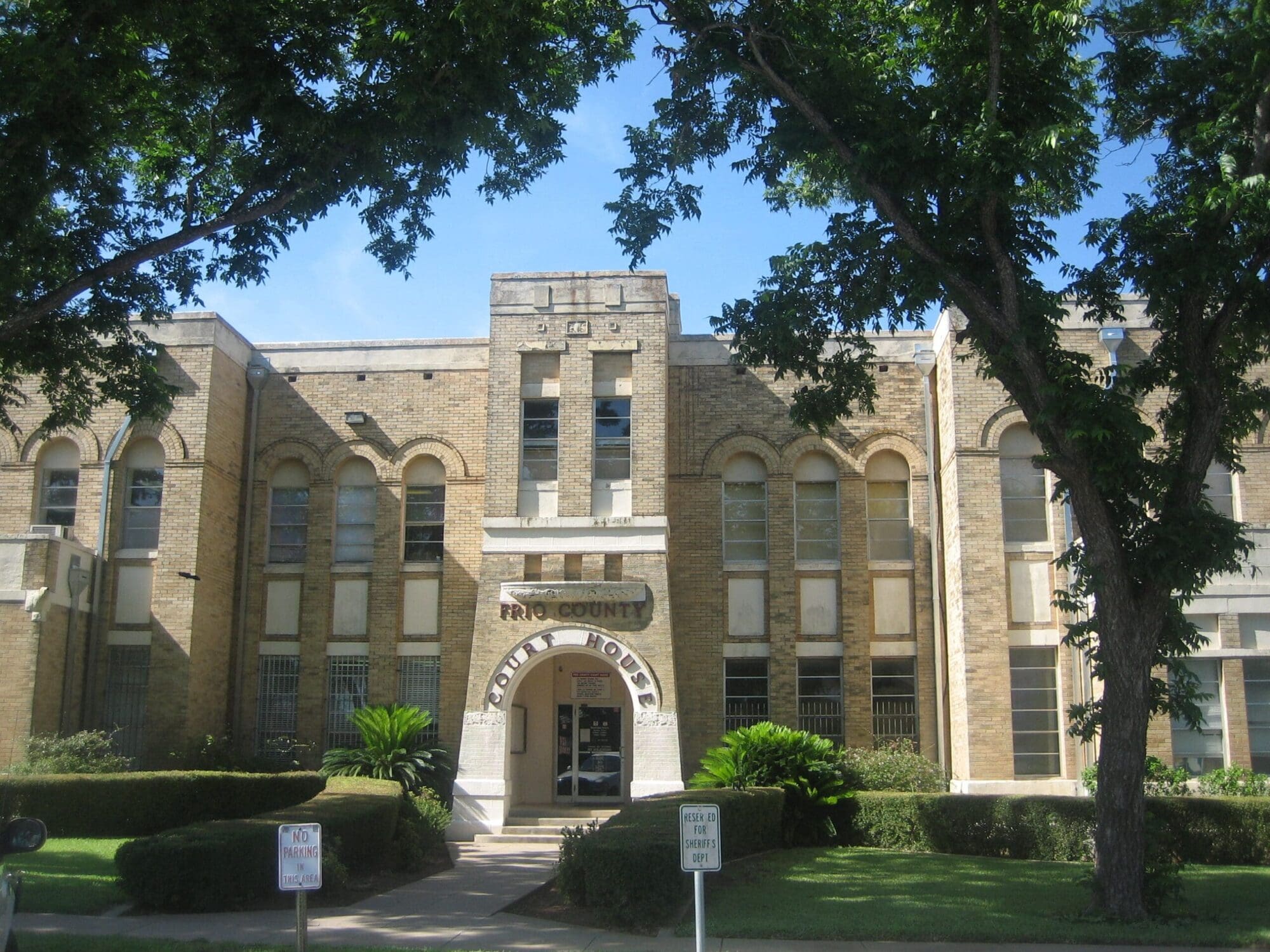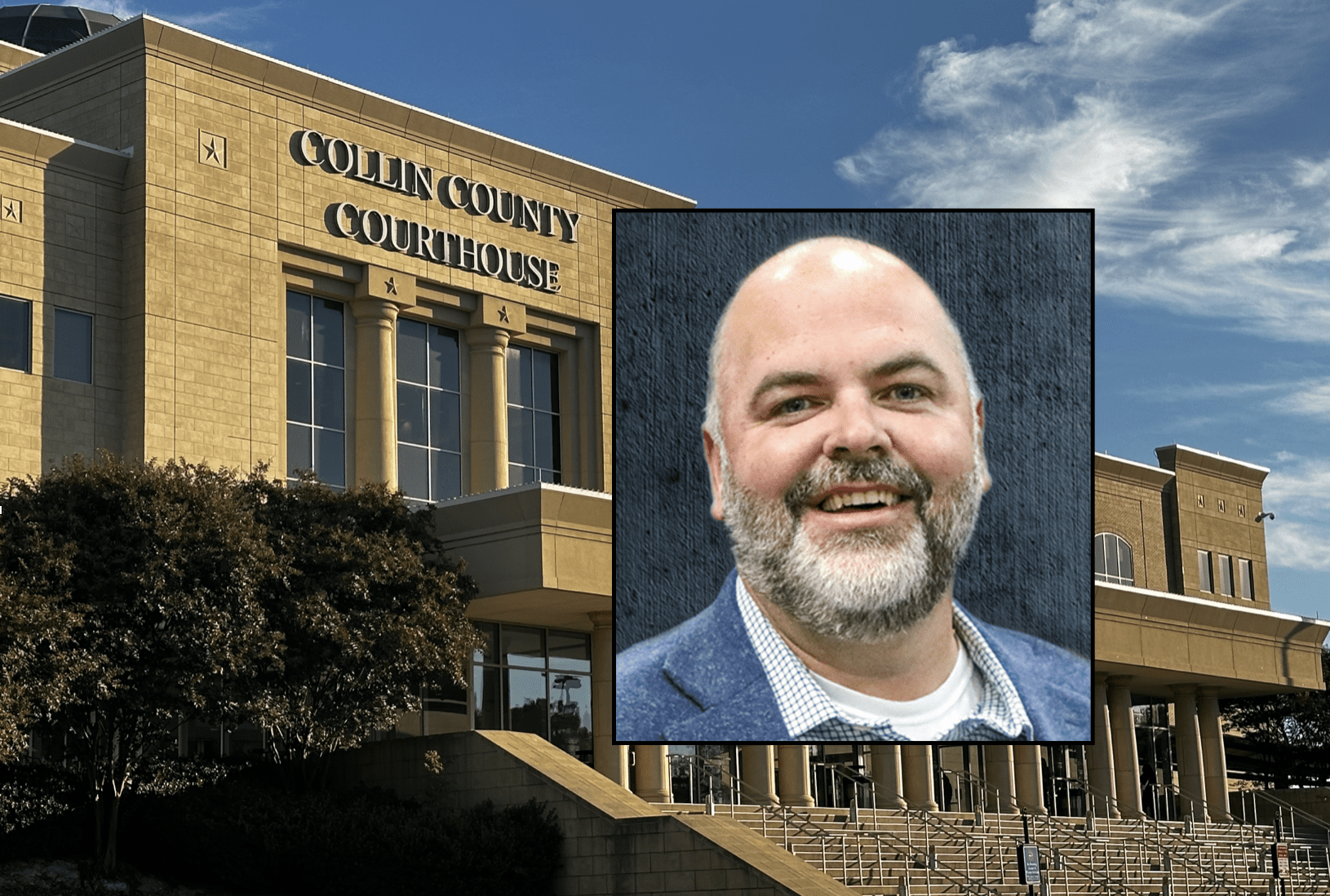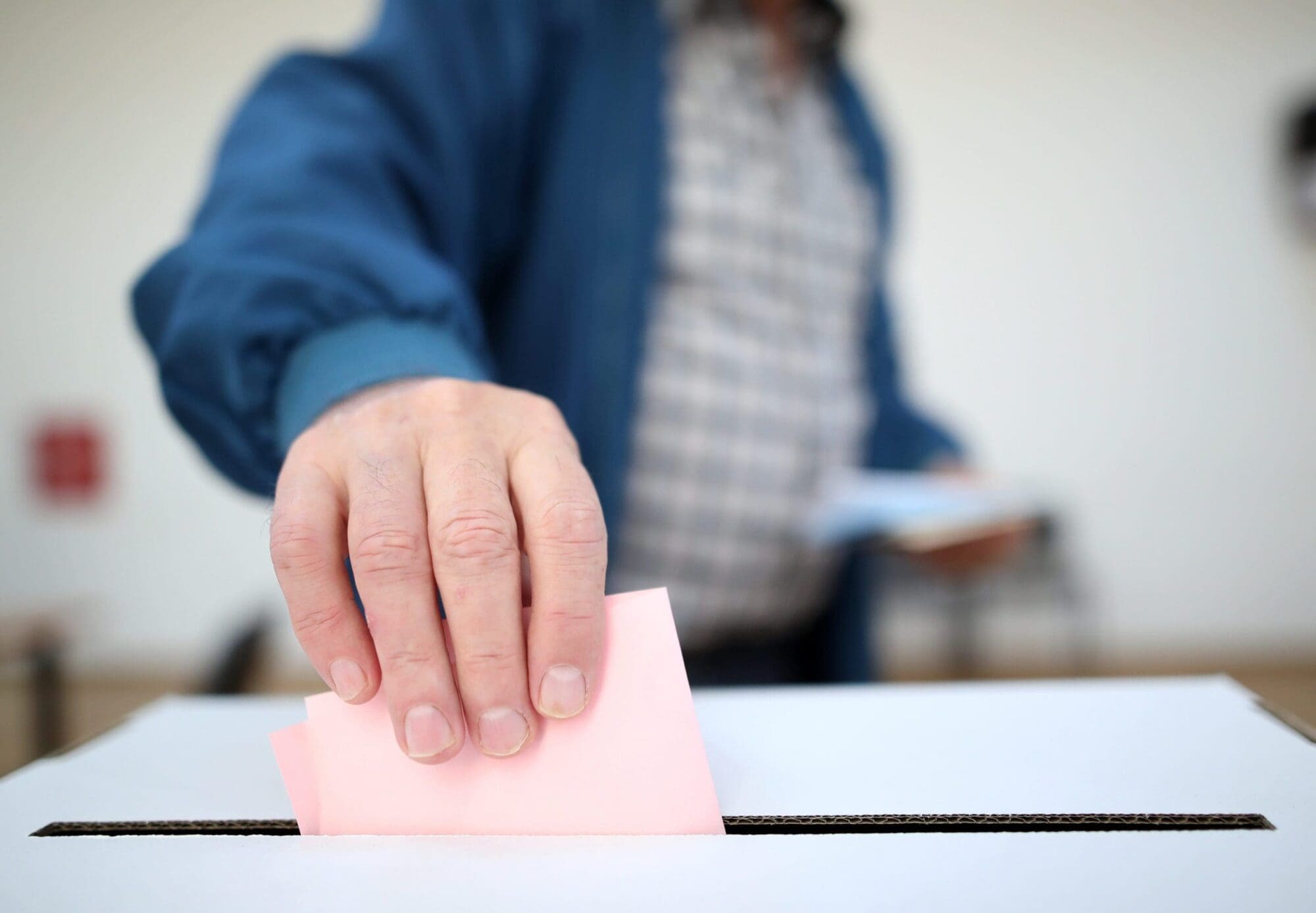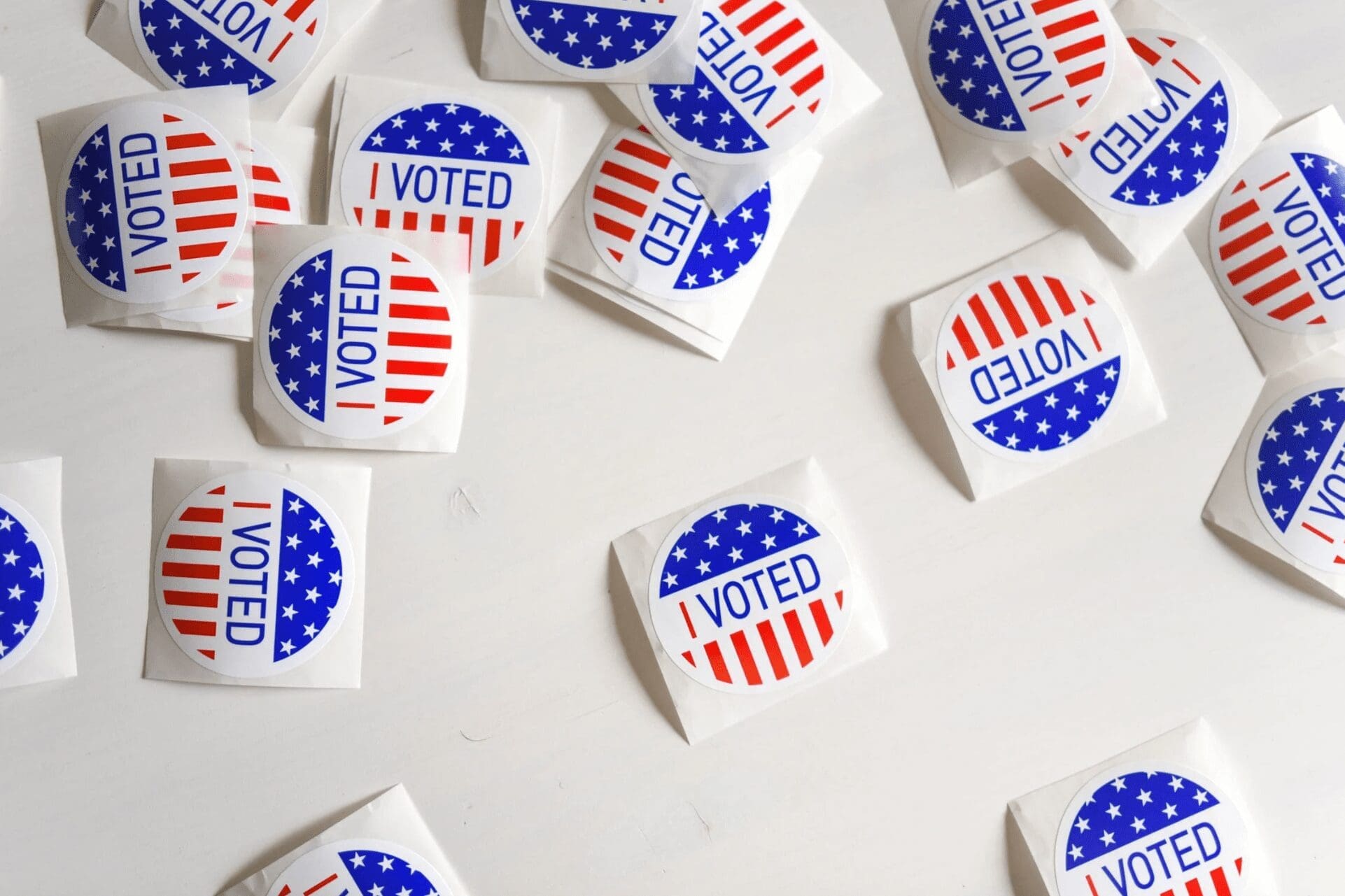In a 2-1 decision last week, federal judges dismissed a lawsuit challenging the use of “drive-thru” voting in Texas elections by declaring the case moot, meaning the issues have been resolved.
Meanwhile, Harris County election officials who came up with the scheme to let everyone vote from their cars during 2020 are continuing the extralegal practice.
“Reasonable people can disagree about the wisdom or folly of drive-through voting. The place for that debate is in the Legislature,” Judge Andrew Oldham wrote in his dissent. “Once the dispute enters our courts, however, the only question is what the law commands. And the law could not be clearer in its prohibition of Harris County’s conduct.”
Oldham is one of three judges on a U.S. 5th Circuit Court of Appeals panel that ruled against a lawsuit brought in 2020 by Republican activist Steven Hotze, State Rep. Steve Toth (R–The Woodlands), and two GOP candidates.
The plaintiffs argued drive-thru voting violates the Texas Election Code, which allows only voters who are physically unable to enter a polling place to vote “curbside” from their cars.
Harris County’s previous election chief, Texas Democrat Party official Chris Hollins, invented the process of in-vehicle voting last year, ostensibly as a COVID safety measure. It resulted in a discrepancy of more than 1,800 votes cast by drive-thru voters.
Judges Catharina Haynes and Eugene Davis said the legal challenge was moot because the November 2020 election is over and the plaintiffs didn’t show evidence Harris County would offer drive-thru voting again.
The two judges also said Senate Bill 1, Texas Republicans’ signature election integrity reform that explicitly bans drive-thru voting, made the case moot for elections held after the new law takes effect on December 2.
Oldham agreed with the plaintiffs, noting that in a supplemental brief, Harris County “not only refused to disclaim unlawful drive-through voting for future elections—it promised to continue the practice.”
“Harris County’s promise is certainly enough to prevent the case from becoming moot,” he wrote:
When asked at argument how many provisions of Texas law the County could ignore before violating the Elections Clause, Harris County had no answer. And when invited to file a supplemental brief to address a new law—passed by the Legislature to put beyond doubt the illegality of Harris County’s conduct—the County doubled down with the head-scratching insistence that the new law somehow blessed its violations of the law in the past and its plans to violate it in the future.
“Harris County has taken the remarkable position that it (1) wholly ignored provisions of the Texas Election Code in 2020, and (2) can continue wholly ignoring those provisions in future elections—notwithstanding the Legislature’s express instructions to the contrary,” Oldham added.
Harris County Elections Administrator Isabel Longoria opened 16 drive-thru voting locations during early voting for the November 2021 constitutional amendments election. A total of 3,065 voters used the drive-thru locations during the 12 days of early voting—an average of 16 voters a day at each location.
Harris County has more than 2.4 million registered voters, more than any other county in the state, accounting for 15 percent of all registered voters in Texas.
Longoria was appointed as the county’s chief election official by the Democrat-controlled commissioners court last November, even though she had just a few months of election administration experience working under Hollins during 2020. Hollins himself had no experience when he was appointed by commissioners in May 2020 and tasked with running the largest election in the state.
Hollins and Longoria took creative license with other parts of the election code last year. They implemented 24-hour voting (which Longoria continued during 2021, though it’s also plainly prohibited by SB 1) and also attempted to send mail-ballot applications to all registered voters in the county, whether eligible or not, but that overreach was stopped by the courts.
Though the new law has yet to take effect, Democrat-allied groups on the left are deploying dozens of attorneys to challenge SB 1 in federal court.
